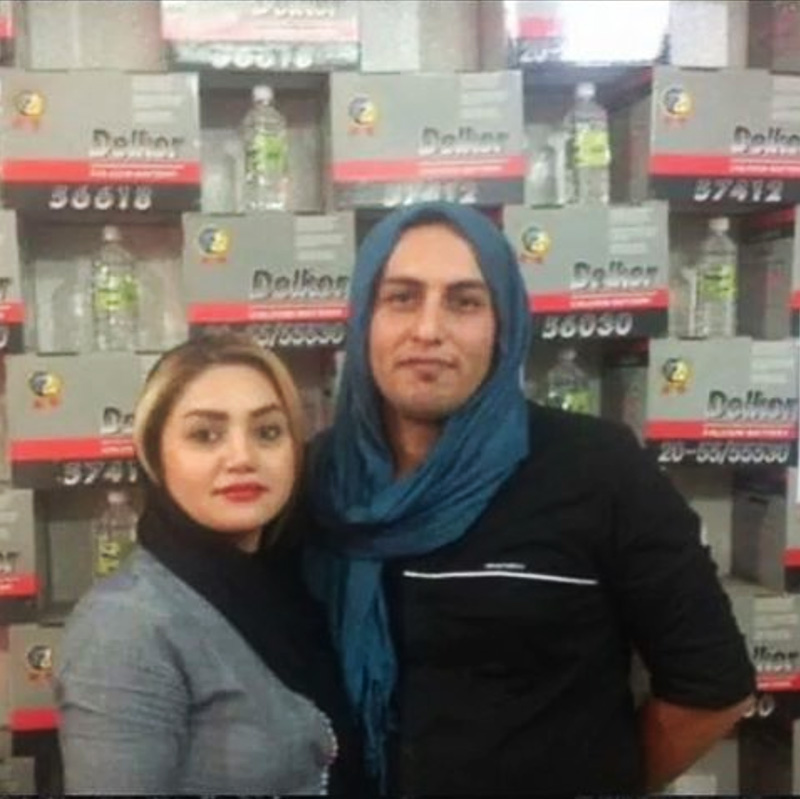
In Iran, women are required by law to completely cover their hair in public. This is enforced by “morality police,” who fine or jail women who go without a hijab or whose head coverings are deemed inadequate. Women have been protesting the law by posting photos of themselves out in public without a veil on social media. And now, men are openly joining the protest in solidarity with the women in their lives.
According to The Independent, a UK newspaper, Iranian men have started wearing hijabs and posting the evidence on social media with the hashtag #meninhijab. The social movement was inspired by the My Stealthy Freedom campaign, which encourages women to share their veil-free photos on social media. My Stealthy Freedom has also been posting the images it receives from participants onto its Facebook page.
“When each and every single one of you see my picture, instead of laughing and making fun of me, please take a moment to reflect on the following: Forcing anyone to wear any sort of clothing is an insult to [anyone’s intelligence]. It is cruel, unjust, and humiliating,” wrote one man in his post.
Masih Alinejad, an Iranian woman living in Brooklyn who founded My Stealthy Freedom, told The Independent why she invited men to join the movement. “In our society, a woman’s existence and identity is justified by a man’s integrity, and in many cases the teachings of a religious authority or government officials influence a man’s misguided sense of ownership over women,” she said. “So I thought it would be fantastic to invite men to support women’s rights
Alinejad told Vogue in 2015 that growing up in Iran, she saw her scarf as part of her body. She remembered waking up at night frantically making sure she was still wearing it. “Unveiling was a long psychological process,” she said. She started posting pictures of herself around Iran in 2014 without her headscarf and asking women if they had also ever gone without their hijab. She got so many submissions that she created a Facebook page and a website to host them.
She has faced harsh repercussions from Iranian media, including false reports that she was raped in London in 2014. She refuted these claims in an essay for TIME. “Deciding what you can wear is a form of freedom of speech. And that is a luxury not available in Iran,” she wrote.
More Must-Reads from TIME
- Donald Trump Is TIME's 2024 Person of the Year
- Why We Chose Trump as Person of the Year
- Is Intermittent Fasting Good or Bad for You?
- The 100 Must-Read Books of 2024
- The 20 Best Christmas TV Episodes
- Column: If Optimism Feels Ridiculous Now, Try Hope
- The Future of Climate Action Is Trade Policy
- Merle Bombardieri Is Helping People Make the Baby Decision
Contact us at letters@time.com